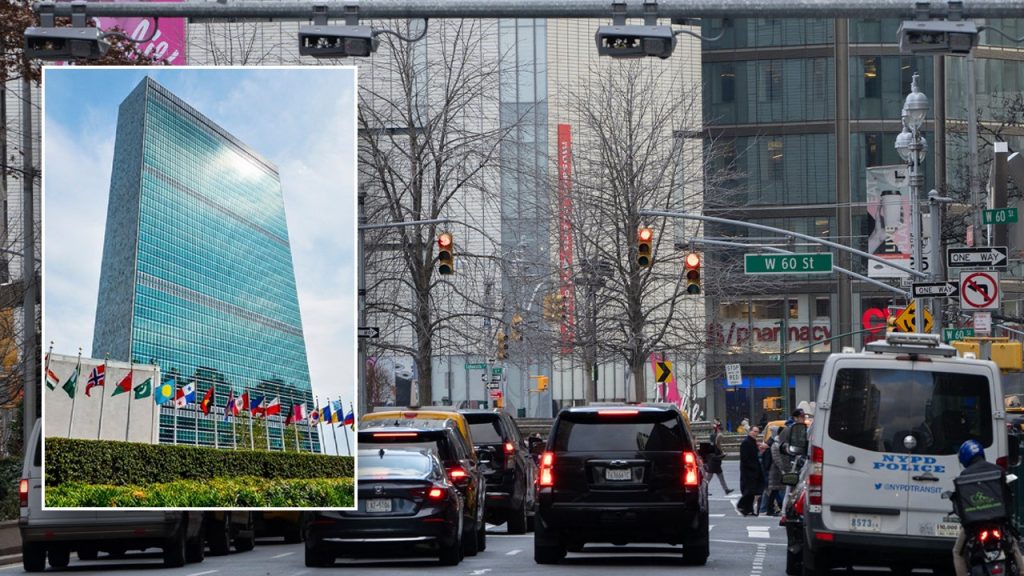The implementation of New York City’s Congestion Relief Zone tolling scheme, which levies fees on vehicles entering Manhattan below 60th Street, has sparked controversy and raised concerns about fairness and equity. The core issue revolves around the exemption granted to employees and personnel of foreign missions and international organizations, including the United Nations, from paying these fees. This exemption has drawn sharp criticism, particularly from those who argue that it places an undue burden on ordinary New Yorkers and commuters while allowing diplomats and international officials to circumvent the charges.
Critics like New York City Councilwoman Vickie Paladino argue that this exemption exacerbates the financial strain on working-class residents, truck drivers, and other essential workers who must enter the congestion zone regularly. They question why these individuals, many of whom are still recovering from the economic impacts of the COVID-19 pandemic, should bear the brunt of the new tolls while diplomats, including representatives from nations with adversarial relationships with the United States, are granted immunity. This disparity, they argue, underscores a fundamental unfairness in the system.
Further fueling the controversy is the long-standing issue of diplomatic immunity and its potential for abuse. Councilwoman Paladino and others point to instances of diplomats accumulating substantial unpaid parking tickets and other fines, highlighting a perceived lack of accountability. Past investigations have revealed cases where diplomats from countries like Russia have amassed significant debts related to parking violations, raising questions about the effectiveness of existing mechanisms to enforce penalties against them. The concern is that the congestion pricing exemption will simply add another layer to this existing problem.
The Congestion Relief Zone’s stated purpose is to reduce traffic congestion in Manhattan and generate revenue for improving the city’s transportation infrastructure, particularly the ailing subway system. However, critics argue that the hefty tolls, ranging from $9 to $21.60 per day, will disproportionately impact those who can least afford them. They question whether the expected benefits in terms of reduced traffic and improved transit will justify the financial burden imposed on individuals and businesses. Furthermore, skepticism abounds regarding the Metropolitan Transportation Authority’s ability to effectively utilize the generated funds given its existing debt and operational challenges.
The exemption granted to U.N. personnel has also raised complex questions about the relationship between the city and the international organization. While the U.N.’s presence brings certain benefits to New York, including economic activity and international prestige, the exemption from congestion pricing fees is seen by some as an excessive privilege. It raises concerns about whether the city is adequately balancing the needs of its residents with its obligations to international diplomacy.
Beyond the immediate financial implications, the congestion pricing controversy has broader ramifications for New York City’s post-pandemic recovery and its overall economic health. Critics argue that imposing additional financial burdens on residents and businesses, especially during a period of economic uncertainty, could stifle growth and exacerbate existing inequalities. They contend that a more equitable approach is needed, one that takes into account the diverse economic realities of the city’s population while still pursuing the goals of reducing traffic and improving public transportation. The lack of response from city and state officials to inquiries about the rationale behind the U.N. exemption has further fueled public frustration and calls for greater transparency and accountability.

